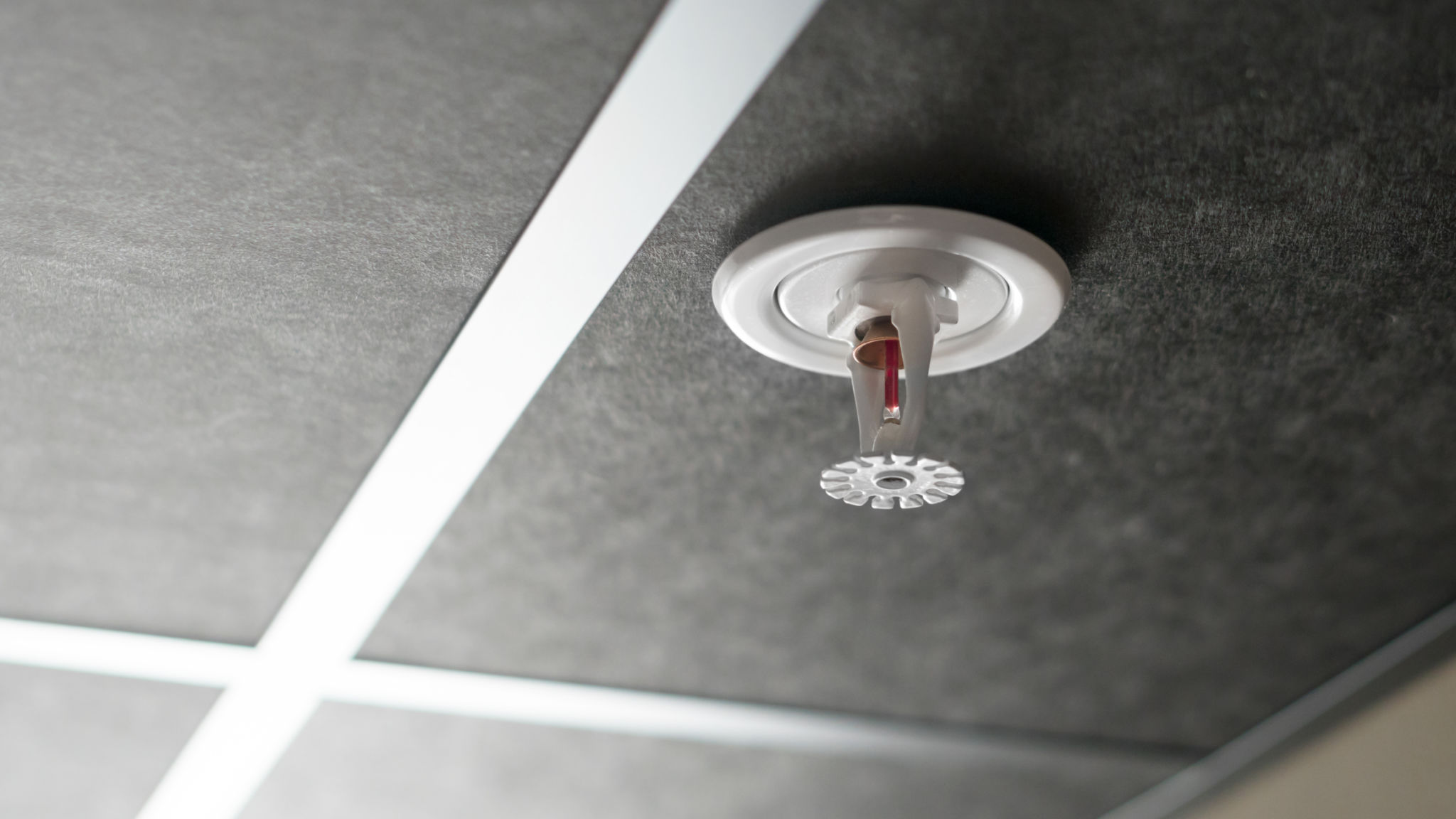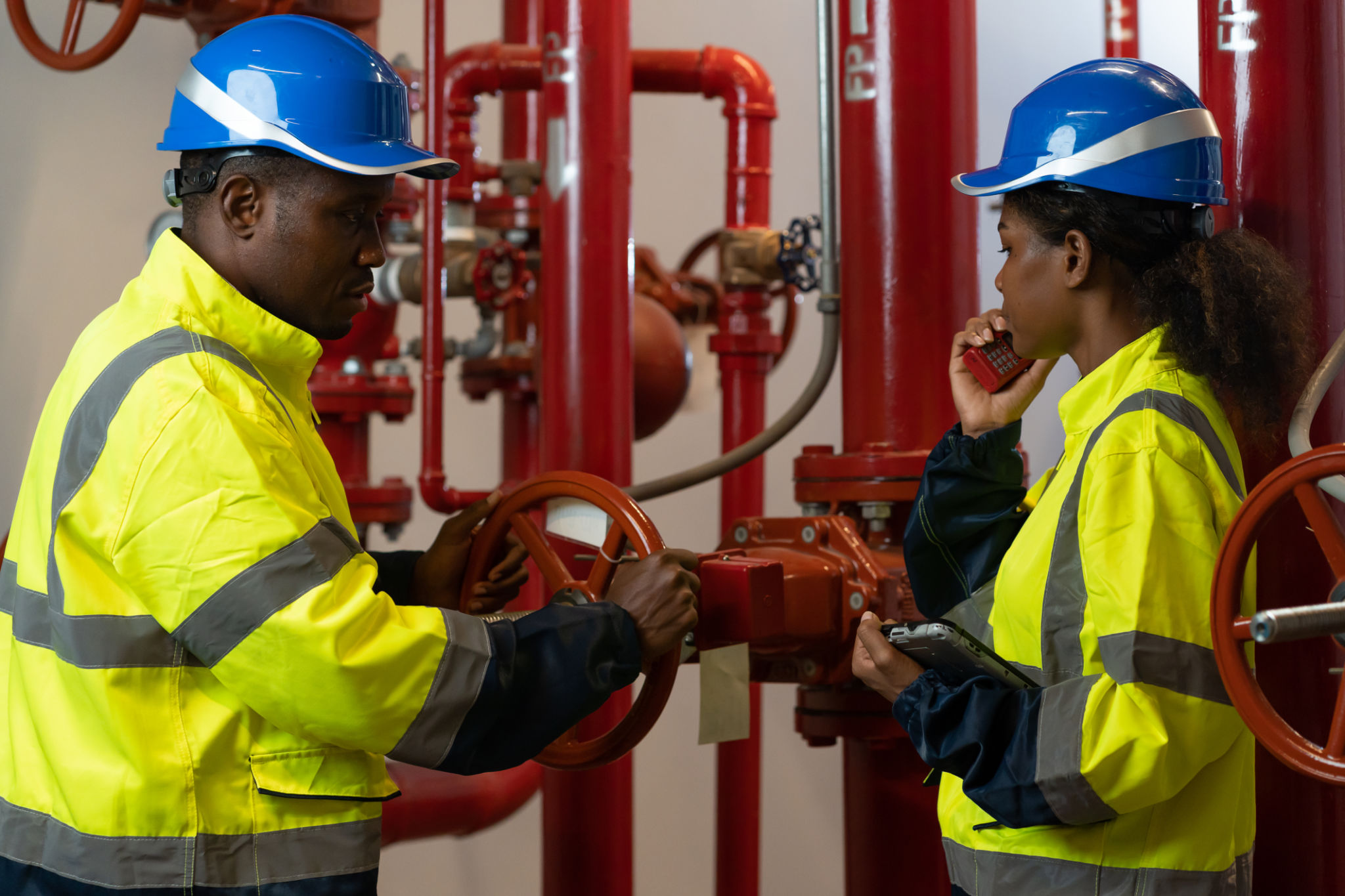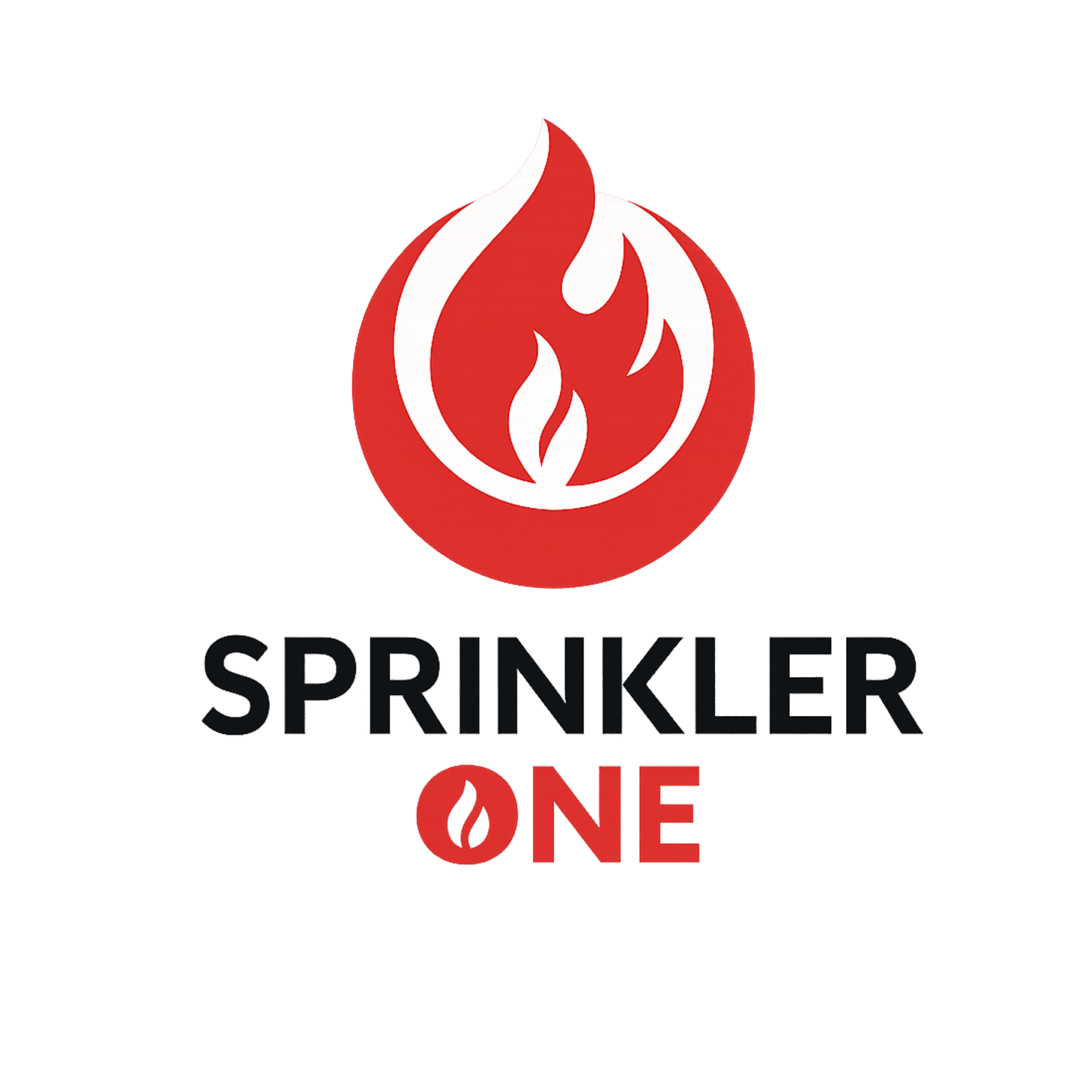Fire Sprinkler Inspections: Common Myths Debunked
Understanding the Importance of Fire Sprinkler Inspections
Fire sprinkler systems are a crucial component of any building's fire safety strategy. Yet, despite their importance, there are many myths and misconceptions surrounding their inspections. Regular inspections ensure that these systems function correctly when needed most. In this blog post, we aim to debunk some common myths about fire sprinkler inspections to help you better understand their significance.

Myth 1: Fire Sprinkler Systems Do Not Require Regular Inspections
One of the most pervasive myths is that once installed, fire sprinkler systems do not need regular attention. This is far from the truth. Fire sprinkler systems require regular inspections and maintenance to ensure they operate effectively. Neglecting these inspections can lead to system failures during an emergency, increasing the risk of property damage and personal injury.
The National Fire Protection Association (NFPA) sets forth specific standards regarding the frequency of inspections, which typically include monthly visual checks and annual professional evaluations. Adhering to these standards is crucial for maintaining a reliable fire protection system.
Myth 2: Any Water Source Will Do for Sprinkler Systems
Another common misconception is that any water source is suitable for fire sprinkler systems. In reality, the water source needs to be adequate and reliable to ensure effective operation. Inspections help verify that the water supply meets necessary standards and that there are no obstructions or corrosion issues in the piping that could hinder performance.

Myth 3: Fire Sprinkler Inspections Are an Unnecessary Expense
Some property owners view fire sprinkler inspections as an unnecessary expense. However, consider the potential cost of fire damage without a functioning system—regular inspections are a small price to pay for peace of mind. Investing in regular inspections can save you money by catching and addressing issues before they escalate into costly repairs or replacements.
Moreover, many insurance companies offer reduced premiums for properties that maintain up-to-date fire safety systems, including regular sprinkler inspections. This financial incentive further underscores the value of routine checks.
Myth 4: Sprinkler Systems Are Prone to False Alarms
There's a belief that sprinkler systems frequently cause false alarms or accidentally activate, leading to water damage. Modern fire sprinkler systems are designed with precision and only activate in response to significant heat from an actual fire. Inspections ensure that all components are working correctly, reducing the risk of false activations.

The Role of Professional Inspectors
Professional inspectors play a vital role in the fire safety ecosystem. They have the expertise to identify potential issues within the system and recommend solutions before problems arise. Regular professional inspections include:
- Checking for physical damage or obstructions.
- Testing alarm systems and water pressure levels.
- Ensuring compliance with local fire safety regulations.
Conclusion: Prioritize Safety with Regular Inspections
Debunking these myths highlights the critical nature of regular fire sprinkler inspections. By understanding and addressing these misconceptions, you can ensure your property remains protected against the threat of fire. Remember, a well-maintained fire sprinkler system not only saves lives but also safeguards property. Make it a priority to schedule regular inspections and keep your system in optimal condition.
